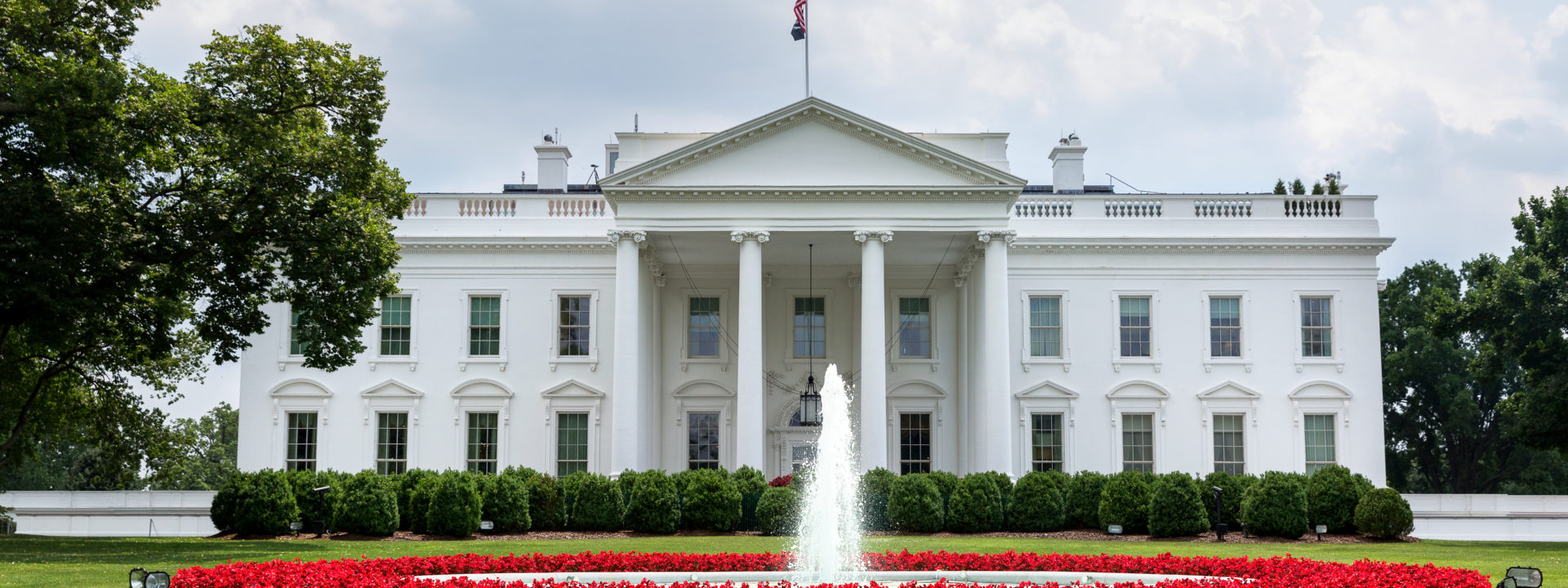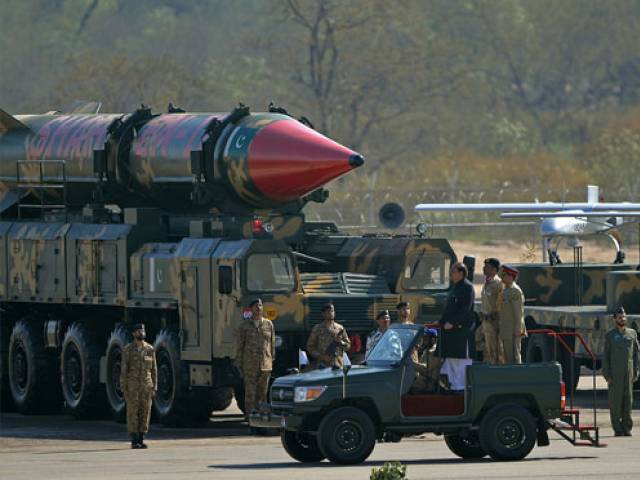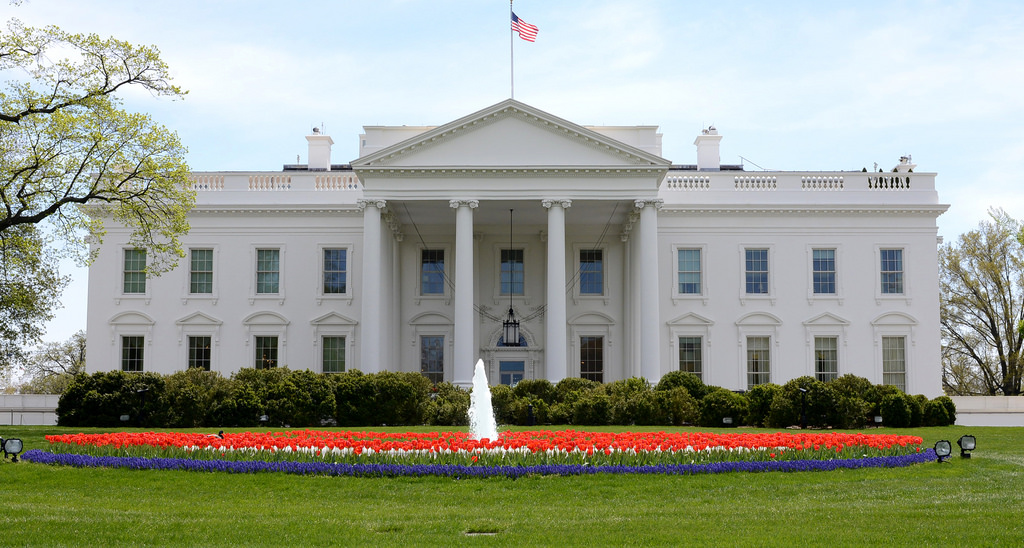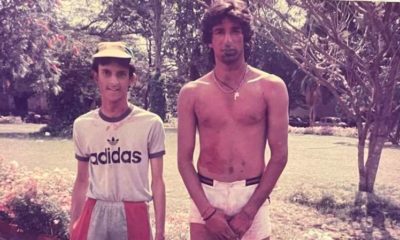Feature
US declares 7 Pakistani firms as significant risk to its national security

Washington: The United States government has added seven Pakistani firms to a list of foreign entities that pose a “significant risk” to its national security and interests by allegedly engaging in nuclear trade, denting Islamabad’s bid to join the elite Nuclear Suppliers Group (NSG).

A total of 23 entities were added to the list that was published in the US Federal Register last week by the country’s Bureau of Industry and Security (BIS). Besides the Pakistani firms, the list includes 15 entities from South Sudan and one from Singapore.
The list prepared by the US BIS has declared that all seven Pakistani firms are “reasonably believed to be involved, or to pose a significant risk of being or becoming involved, in activities contrary to the national security or foreign policy interests of the United States”.

Now all 23 entities face stringent export control measures, which could prevent them from international trade.
Among the seven Pakistani companies, three are listed for “their involvement in the proliferation of unsafeguarded nuclear activities that are contrary to the national security and/or foreign policy interests of the US”.

Two are accused of procuring supplies for nuclear-related entities already on the list and the remaining two are accused of acting as fronts for listed entities. An eighth Pakistani entity is based in Singapore.
The End-user Review Committee (ERC) of the US Department of Commerce determined that Mushko Logistics Pvt Ltd, Singapore, and Mushko Electronics Pvt Ltd, Pakistan, should be added to the list on the grounds that they procured items for several Pakistani entities on the entity list.

So far Pakistan authorities have not commented on the US move to sanction the companies.
The ERC determined that Solutions Engineering, Pakistan should be added to the list based on its involvement in activities contrary to US national security and foreign policy interests. Specifically, the ERC determined that this entity has been involved in the procurement of US-origin items on behalf of nuclear-related entities in Pakistan that are already on the ERC list.
7 Pakistani firms listed by US for posing absolute risk to national security:
For the remaining five Pakistani entities, the ERC determined that three of the entities, Akhtar & Munir, Proficient Engineers and Pervaiz Commercial Trading Co (PCTC), be added based for their “involvement in the proliferation of unsafeguarded nuclear activities that are contrary to the national security and/or foreign policy interests of the US”.

The ERC also determined that Marine Systems Pvt Ltd be added to the list for assisting Pakistani entities in circumventing US restrictions. The ERC also determined that Engineering and Commercial Services (ECS) be added to the list for its involvement in supplying a Pakistani nuclear-related entity.
Companies dealing with the 23 entities added to the ERC list could face strict licence conditions or licence denials. The licence requirements apply to any transaction in which items are to be exported, re-exported, or transferred to any of the persons or in which such persons act as purchaser, intermediate consignee, ultimate consignee, or end user.

In addition, no licence exceptions are available for exports, re-exports, or transfers to the entities being added to the list in this rule.
The list also includes several addresses of each of the seven Pakistani companies in Karachi, Lahore and Islamabad, the Dawn newspaper reported today.

The move would also have a negative impact on Pakistan’s determined bid to join Vienna-based 48-member group which controls the global nuclear trade.
Pakistan applied for the NSG membership on May 19, 2016, after it appeared that the US and certain other Western nations are actively supporting India’s bid to join the group.

Pakistan argues that the NSG should adopt a “non-discriminatory, criteria-based” approach for inducting new members.
China and Turkey also support Pakistan’s application, but cite procedural issues in adding new members, which has delayed India’s inclusion. The NSG requires a consensus among the member states for adding new countries to the club.
Entertainment
Meghalaya Reserves Legalized Gambling and Sports Betting for Tourists

The State Scores Extra High on Gaming-Friendly Industry Index
Meghalaya scored 92.85 out of 100 possible points in a Gaming Industry Index and proved to be India’s most gaming-friendly state following its recent profound legislation changes over the field allowing land-based and online gaming, including games of chance, under a licensing regime.
The index by the UK India Business Council (UKIBC) uses a scale of 0 to 100 to measure the level of legalisation on gambling and betting achieved by a state based on the scores over a set of seven different games – lottery, horse racing, betting on sports, poker, rummy, casino and fantasy sports
Starting from February last year, Meghalaya became the third state in India’s northeast to legalise gambling and betting after Sikkim and Nagaland. After consultations with the UKIBC, the state proceeded with the adoption of the Meghalaya Regulation of Gaming Act, 2021 and the nullification of the Meghalaya Prevention of Gambling Act, 1970. Subsequently in December, the Meghalaya Regulation of Gaming Rules, 2021 were notified and came into force.
All for the Tourists
The move to legalise and license various forms of offline and online betting and gambling in Meghalaya is aimed at boosting tourism and creating jobs, and altogether raising taxation revenues for the northeastern state. At the same time, the opportunities to bet and gamble legally will be reserved only for tourists and visitors.
“We came out with a Gaming Act and subsequently framed the Regulation of Gaming Rules, 2021. The government will accordingly issue licenses to operate games of skill and chance, both online and offline,” said James P. K. Sangma, Meghalaya State Law and Taxation Minister speaking in the capital city of Shillong. “But the legalized gambling and gaming will only be for tourists and not residents of Meghalaya,” he continued.
To be allowed to play, tourists and people visiting the state for work or business purposes will have to prove their non-resident status by presenting appropriate documents, in a process similar to a bank KYC (Know Your Customer) procedure.
Meghalaya Reaches Out to a Vast Market
With 140 millions of people in India estimated to bet regularly on sports, and a total of 370 million desi bettors around prominent sporting events, as per data from one of the latest reports by Esse N Videri, Meghalaya is set to reach out and take a piece of a vast market.
Estimates on the financial value of India’s sports betting market, combined across all types of offline channels and online sports and cricket predictions and betting platforms, speak about amounts between $130 and $150 billion (roughly between ₹9.7 and ₹11.5 lakh crore).
Andhra Pradesh, Telangana and Delhi are shown to deliver the highest number of bettors and Meghalaya can count on substantial tourists flow from their betting circles. The sports betting communities of Karnataka, Maharashtra, Uttar Pradesh and Haryana are also not to be underestimated.
Among the sports, cricket is most popular, registering 68 percent of the total bet count analyzed by Esse N Videri. Football takes second position with 11 percent of the bets, followed by betting on FIFA at 7 percent and on eCricket at 5 percent. The last position in the Top 5 of popular sports for betting in India is taken by tennis with 3 percent of the bet count.
Local Citizens will Still have Their Teer Betting
Meghalaya residents will still be permitted to participate in teer betting over arrow-shooting results. Teer is a traditional method of gambling, somewhat similar to a lottery draw, and held under the rules of the Meghalaya Regulation of the Game of Arrow Shooting and the Sale of Teer Tickets Act, 2018.
Teer includes bettors wagering on the number of arrows that reach the target which is placed about 50 meters away from a team of 20 archers positioned in a semicircle.
The archers shoot volleys of arrows at the target for ten minutes, and players place their bets choosing a number between 0 and 99 trying to guess the last two digits of the number of arrows that successfully pierce the target.
If, for example, the number of hits is 256, anyone who has bet on 56 wins an amount eight times bigger than their wager.























